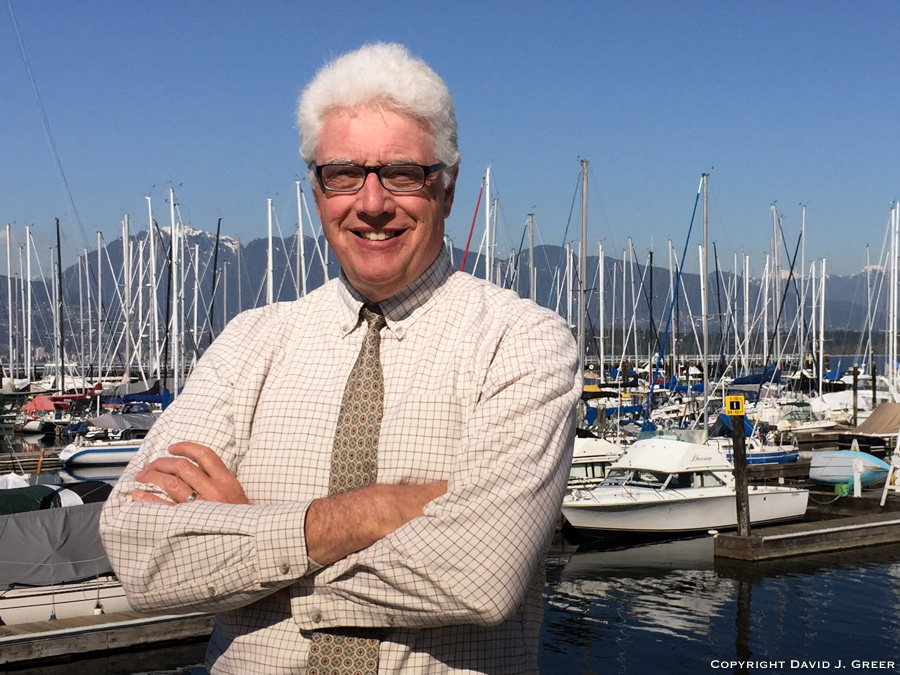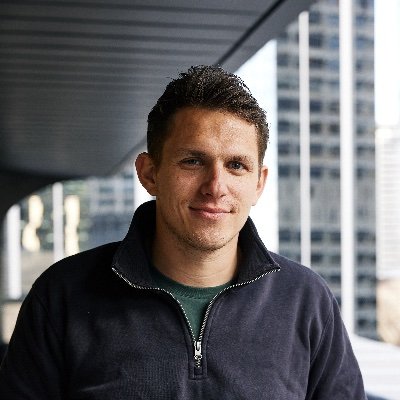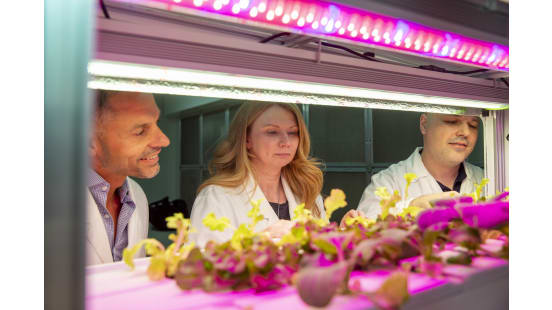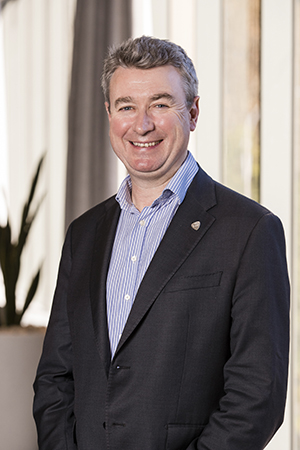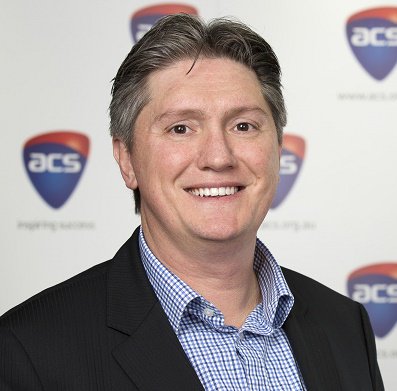Monash Ventures drives its innovative spinout companies through new Pre-Seed Fund
MONASH UNIVERSITY has launched the Monash Ventures Pre-Seed Fund, a $15 million initiative developed in partnership with Breakthrough Victoria to support the commercialisation of research specifically through investment in early-stage spinout companies.
Monash Ventures is a new initiative utilising the university’s ventures and investment activities to help finance and nurture spinout companies. The Pre-Seed Fund is a cornerstone of Monash Ventures and will play a critical role in accelerating research translation and advancing Monash’s innovation ecosystem.
Monash University vice chancellor and president, Sharon Pickering, who was there to launch Monash Ventures and the Pre-Seed Fund said, “At Monash, we are committed to transforming outstanding research into tangible outcomes that benefit our communities, our economy, and the world.
“The launch of Monash Ventures and the Monash Ventures Pre-Seed Fund marks a bold step in strengthening our impact through innovation and enterprise,” Professor Pickering said. 
Providing up to $1 million per company, the fund invests in spinouts emerging from Monash research with strong commercial and societal potential. Alongside capital, recipients gain access to expert networks, mentoring and support to advance proof-of-concept and de-risk technologies on the path to further investment.
The Monash Ventures Pre-Seed Fund was established under the $100 million Breakthrough Victoria University Innovation Platform, and will make investments on a rolling basis in spinouts that demonstrate strong links to Monash IP, licensing agreements or deep research collaborations.
Deputy vice chancellor for research and enterprise and Monash’s senior vice-president, Robyn Ward AM, said this sort of innovation was vital for Australia to be internationally competitive.
“This fund ensures innovators are supported at one of the most challenging points in their journey – turning ideas into investment-ready ventures,” Prof. Ward said.
“By supporting our spinouts with early-stage investment, we are creating pathways for researchers to take their transformative ideas to the market in pursuit of significant impact.”
Chief commercialisation officer, Alastair Hick, said Monash Innovation’s New Ventures team supported each spinout with commercialisation strategies, investor preparation and company formation. The fund is managed under the governance of Monash Ventures, with the investment committee comprising representatives from Monash, Breakthrough Victoria and external industry experts.
“Providing access to pre-seed funding is key to enabling Monash-founded companies to grow, build momentum, and attract follow-on investment,” Dr Hick said. “This launch sets the foundation for a new era of venture creation and impact from Monash.”
Breakthrough Victoria, launched in 2021, is a State Government funded private investment company for Victoria, providing patient capital and investment that impacts the state’s economy and wellbeing.
Inaugural funding recipients
Three Monash spinouts have received inaugural investments from the fund:
FytonBio
Co-founders: Associate Professor Remy Robert, Chuck Silberstein, Adel Nada.
Developing therapeutic antibodies that deplete disease-causing immune cells, with a focus on inflammation and autoimmune diseases. Based on the GPCR-targeting GREAT Platform, developed by Associate Professor Remy Robert at the Monash Biomedicine Discovery Institute.
Remagine Labs
Co-founders: Pat Kelly, Prof. Stan Skafidas (UniMelb).
Advisor: Prof. Nicolas Voelcker (Monash), Prof. Patrick Kwan (Monash), Prof. Terence O’Brien (Monash).
Engineering wearable, electronically controlled transdermal drug delivery systems for people living with chronic conditions. The team works in partnership with the Monash Institute of Pharmaceutical Sciences (MIPS) and the Melbourne Centre for Nanofabrication within the Monash Technology Precinct.
Myostellar
Co-founders: Prof. Peter Currie and Prof. Mikaël Martino.
Creating regenerative therapies that stimulate skeletal muscle growth while minimising fibrosis, with a focus on treating muscular dystrophies. Founded at the Australian Regenerative Medicine Institute.
ends

 How to resolve AdBlock issue?
How to resolve AdBlock issue? 